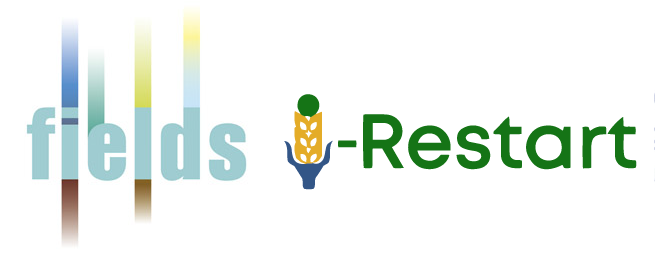Submitted by Francesca Sanna on
WP:
Activity title:
Activity description:
The aim of T1.5 is to create scenarios on the present and future skills needs in the agriculture, forestry and bio-economy sector, linked to the main drivers (emerging technologies, industry and retailers needs, and trends especially) that are influencing the changes.
A common methodology for assessing the current and anticipating future needs, as well as monitoring the progress, evolution, demand and supply of skills will be designed by WUR. The methodology will be based on foresight scenarios. A scenario is illustrating aspects of possible future, it doesn’t predict it but rather simulate possibilities. The scenarios will allow to define future choices available and their potential consequences. It will be used in the FIELDS project as an analysis tool to help describe possible set of future conditions and skills needs, gaps and mismatch linked to it. Three scenarios will be established for each level (EU and national). Based on previous tasks outputs, the scenarios should be plausible, consistent and have utility (by contributing to specific insights into the future).
In order to define the scenarios, partners (WUR, UNITO, ISEKI, PlantETP, ICOS, GAIA, FDE, CONFAGRI, PA, FJ-BLT) will perform a trend study through a deep analysis of the new technologies and innovation in the sector in M10, following COP 21 and UN 2030 SDGs, Akis SCAR scenarios and foresights, interested ETPs strategies and implementation plans, Food 2030 and DG AGRI and DG Research communications and analysis, BBI and Bioeconomy 2050, FACCE and HDHL JPI, SUSFOOD.
The following trends will be taken into consideration:
1. Sectoral growth strategy, with particular emphasis on sustainability
2. Digital technology use, IA use, Big data use
3. Green economy (circular economy and bio-economy included) and forestry issues
4. Soft skills and entrepreneurship
CEPI will provide scenarios related to forestry and production for pulp and paper industry.
ICOS will benchmark skills development across the EU partner states with particular focus on learning and development initiatives pertaining to agricultural co-operatives and farmer organisations.
In addition, ISEKI will refine the scenarios based on outputs of previous tasks.
To ensure the scenarios are encompassing the whole value chain, FDE, FIAB will review them from the food industry perspective, CONFAGRI PT, GZS, ICOS, AC3A and SCOOP from the farmers perspective, ACTIA, FENACORE from the sustainability perspective, CEPI, ANIA and BIC from the bio-economy perspective PA, UHOH, CERTH, FJ-BLT from the IT perspective, FENACORE from the water management perspective, the VET providers (INFOR, AERES, AP, EFVET) from education point of view.
Each scenario will be documented and analysed to identify present and future skills needs. This report will be carried by WUR.
D1.8: Scenarios analysis (M15)
